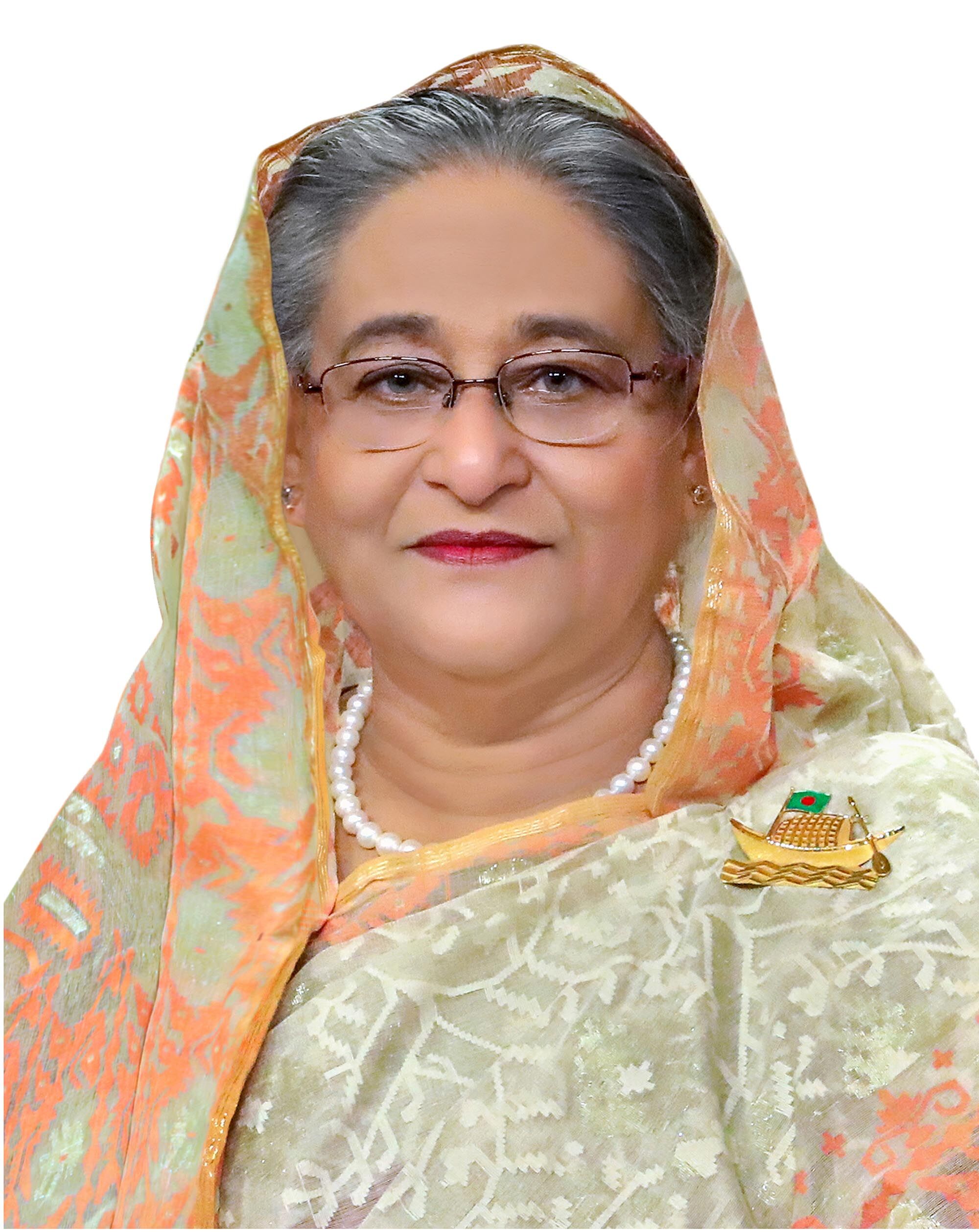Growing together

The foundation of thriving Indo-Bangladesh relations is rooted in unwavering mutual trust. In addition to this historically ingrained trust factor, it is the globally acknowledged upward growth of both the Asian nations that necessitates practical cooperation between them. It is true that Indo-Bangladesh relations have progressed a great deal over the past decade, but this bonhomie needs to be seen in a broader perspective, and not be stereotyped and propagated as regime-centric achievements. Regimes are temporary but Indo-Bangladesh relations require a tint of permanence! Bangladesh Prime Minister Sheikh Hasina's visit to India in the latter half of a year penultimate to general elections had raised speculations around resolution of certain longstanding issues — including that of the Teesta River water arrangement — between the two countries. The visit has come a month after Bangladesh's Finance Minister Abdul Momen requested the Indian government to ensure that Sheikh Hasina stays in power after the 2023 general elections. The minister's erroneous route towards securing "political stability" had created an awkward ambience for both the regimes then. Such a narrow-minded perspective doesn't augur well for the larger framework of Indo-Bangladesh relations. Sheikh Hasina's India visit was expected to be free from petty political considerations. Politics can be utilized to secure broader national goals, but issues of national importance cannot be used as pretext to make political gains. Thankfully, this doesn't appear to be the case presently. Indo-Bangladesh relations have been witnessing opening up of new avenues and there shouldn't be any scope for old issues to linger on. By the time of writing this editorial, a water sharing agreement on the Kushiara River — benefitting southern Assam and Sylhet region of Bangladesh — was signed but there was no headway in the direction of Teesta River water sharing arrangement. Perhaps the complexity of the issue is the reason for its prolonged perpetuation. While the water from Teesta is critically important for a large swathe of impoverished farming districts of West Bengal, it is equally crucial for a significant proportion of Bangladeshi population in terms of generating livelihood opportunities. This is a sensitive issue and carries a lot of political weight in both the countries. As Indo-Bangladesh relations is currently in its golden phase, there is a greater opportunity for the leadership in both the countries to resolve this issue with the spirit of helping people. On the issue of Rohingya influx, Bangladesh has been looking towards both China and India to resolve the "burden" of Rohingyas. Lately, it has realized that India could emerge as a better problem solver than China in this regard. Firstly, Sheikh Hasina expects India to accommodate a significant part of Rohingya refugees. Secondly, considering India's apprehensive approach against Rohingya refugees, she believes that India could be instrumental in building an international consensus for making Rohingyas return to their "homeland" in Rakhine state in Myanmar where they faced "state-sponsored ethnic genocide" five years ago, which forced more than 7,00,000 Rohingyas to flee to neighbouring countries. Given the manner in which the Home Ministry of India negated the rehabilitation claims by another ministry, it is highly unlikely that India will agree to accommodate the Rohingyas. The second option is also unviable as it would be difficult for India to advocate on behalf of Bangladesh before the international community to send Rohingyas back to Rakhine State. Can India and Bangladesh successfully urge Myanmar to take back the refugees whom it had declared "stateless" in 1982? It is a difficult question. Successes and failures apart, this shared cause of concern is in itself a binding force between India and Bangladesh. The most important takeaway from Hasina's visit, however, was the anticipated emphasis on the Comprehensive Economic Partnership Agreement (CEPA). It may be recalled that the talks on Indo-Bangladesh CEPA had started way back in 2018, against the backdrop of increasing Chinese investments in Bangladesh. Both the countries are fast-tracking the formulation of CEPA as Bangladesh, with its graduation as a developing country in 2026, will lose the duty-free and quota-free market-access facility to India. It is important that the trade between the two Asian neighbours remains unhampered and balanced. CEPA will be the most prominent step in this direction. It may be noted that with the completion of India-Bangladesh Joint Consultative Commission in June, both the neighbours had already broadened their cooperation with the inclusion of Artificial Intelligence, Fintech, cybersecurity, startups, and connectivity. To sum up, the roots of Indo-Bangladesh relations are placed deep in mutual trust, and its expansion is being made on the shared landscape of growth and prosperity between the two countries. Once the longstanding sensitive issues are resolved, the two countries can grow together. Greater convergence and least divergence will ensure solid growth for both partners.



